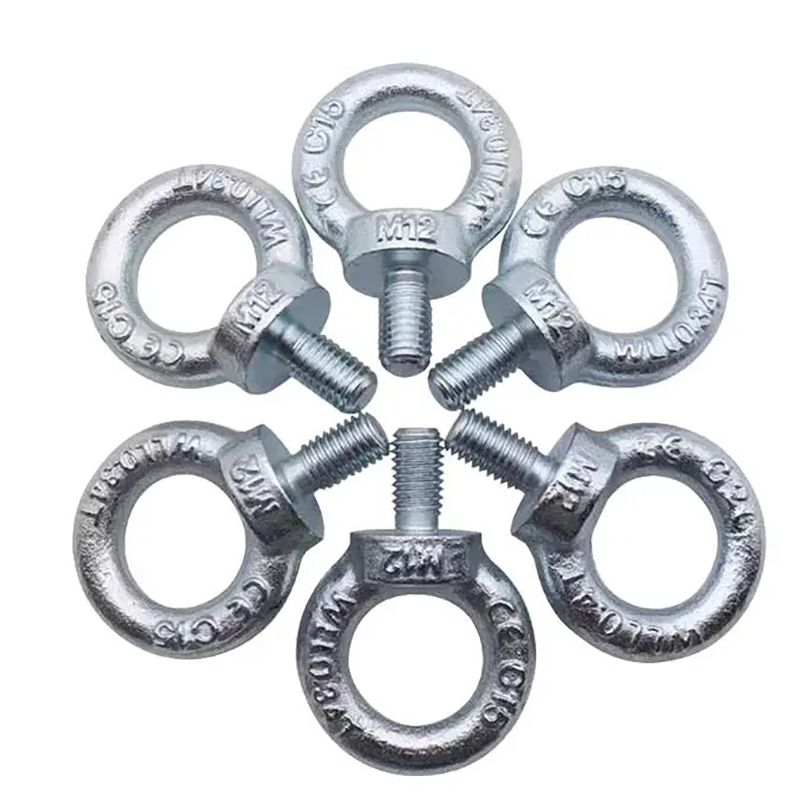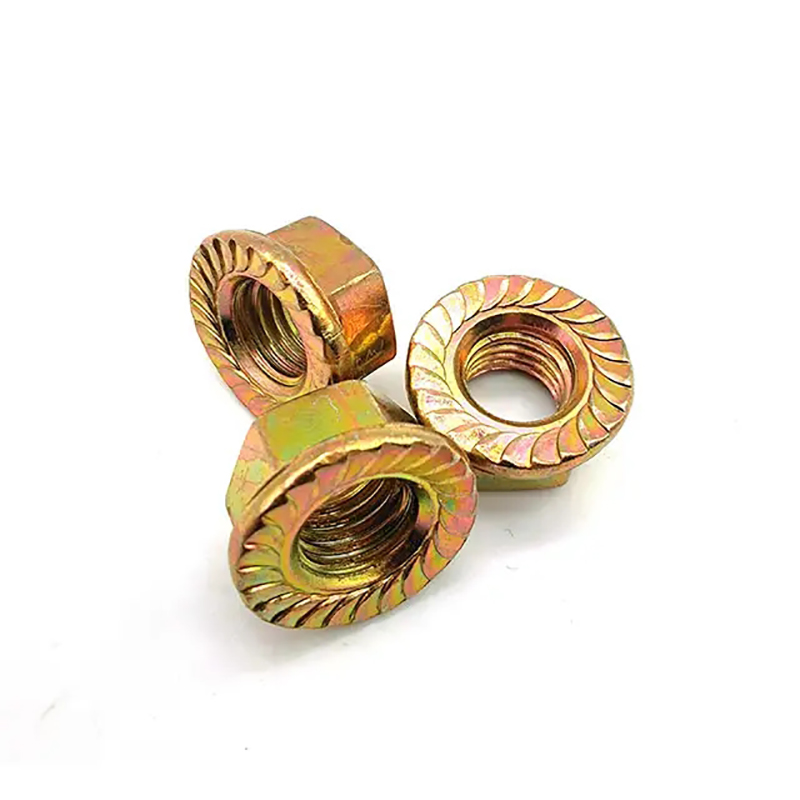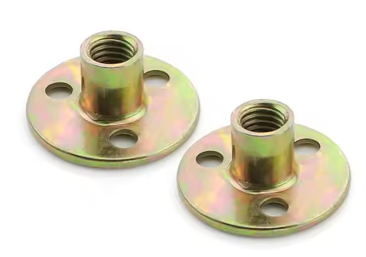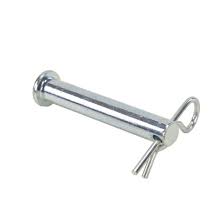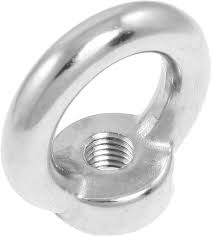Understanding and Selecting the Right Fully Threaded Thread Bar
This comprehensive guide explores fully threaded thread bars, covering their types, applications, material selection, and key considerations for choosing the right one for your project. We'll delve into the nuances of these essential fasteners, providing practical advice and insights to help you make informed decisions.
Types of Fully Threaded Thread Bars
Metric and Inch Threads
Fully threaded thread bars are available in both metric and inch thread sizes. Metric threads are defined by their diameter and pitch (distance between threads), while inch threads are specified by their diameter and threads per inch (TPI). Choosing the correct thread system is crucial for compatibility with your project's existing components. Incorrect thread selection can lead to failure or difficulty in assembly.
Material Options
The material of a fully threaded thread bar significantly impacts its strength, corrosion resistance, and overall performance. Common materials include:
- Mild Steel: A cost-effective option suitable for general-purpose applications.
- Stainless Steel: Offers superior corrosion resistance, ideal for outdoor or demanding environments. Different grades of stainless steel (e.g., 304, 316) provide varying levels of corrosion protection.
- Alloy Steel: Provides enhanced strength and hardness compared to mild steel, making it suitable for high-stress applications.
- Brass: Offers excellent corrosion resistance and good machinability, often used in less demanding applications.
Applications of Fully Threaded Thread Bars
Fully threaded thread bars find use in a vast array of applications across various industries. Some common applications include:
- Construction: Used in anchoring, support structures, and reinforcing applications.
- Manufacturing: Employed in machine building, tooling, and assembly processes.
- Automotive: Utilized in chassis components, suspension systems, and other critical parts.
- General Engineering: Used in various applications requiring strong and reliable threaded fasteners.
Choosing the Right Fully Threaded Thread Bar: Key Considerations
Selecting the appropriate fully threaded thread bar requires careful consideration of several factors:
- Thread Size and Type: Ensure compatibility with the mating parts. Consult engineering drawings or specifications for precise requirements.
- Material: Select a material based on the application's environmental conditions and required strength. Consider factors like corrosion resistance and temperature extremes.
- Length and Diameter: Choose dimensions that provide sufficient strength and reach for the intended application.
- Surface Finish: Different surface finishes (e.g., zinc plating, powder coating) offer varying levels of corrosion protection and aesthetic appeal.
- Tolerance: Understanding the tolerance of the fully threaded thread bar is crucial for proper fit and function.
Comparison Table: Common Fully Threaded Thread Bar Materials
| Material | Strength | Corrosion Resistance | Cost |
| Mild Steel | Moderate | Low | Low |
| Stainless Steel (304) | High | High | Medium |
| Alloy Steel | Very High | Moderate | High |
For high-quality fully threaded thread bars and other fasteners, consider exploring the extensive range offered by Hebei Dewell Metal Products Co., LTD. They provide a wide selection of materials and sizes to meet diverse project needs.
Remember to always consult relevant engineering standards and codes of practice when selecting and using fully threaded thread bars in your projects. The information provided here is for general guidance only and should not be considered a substitute for professional engineering advice.




